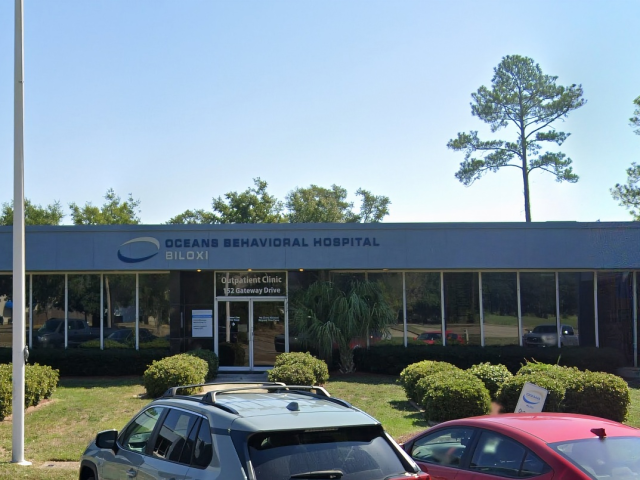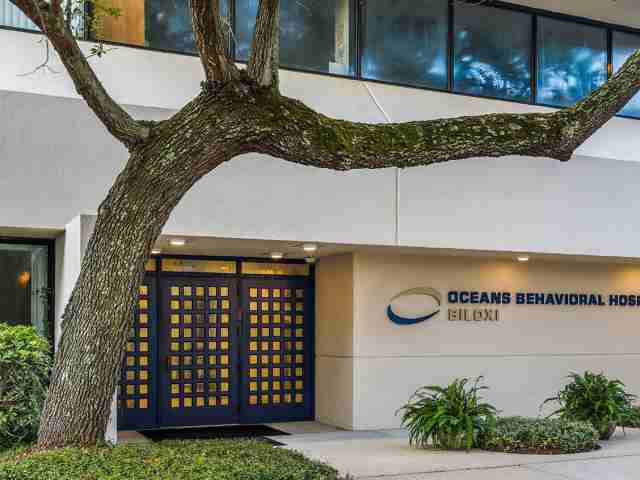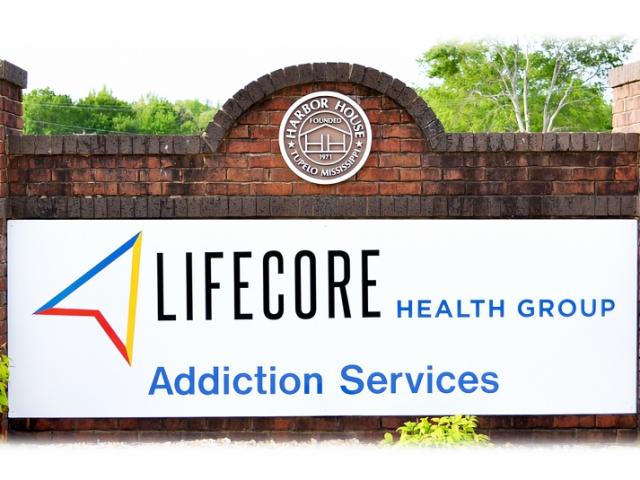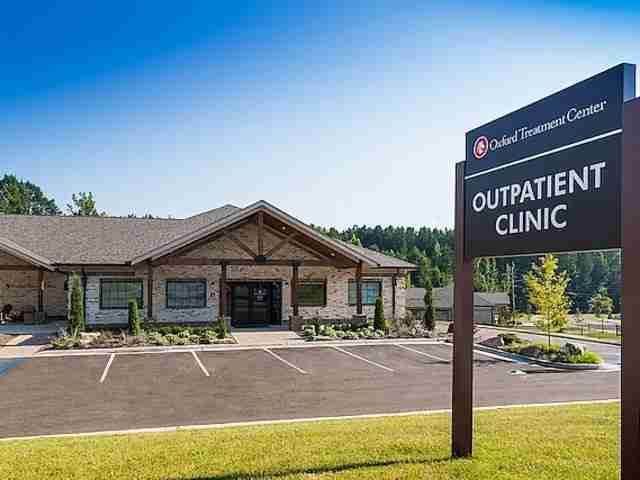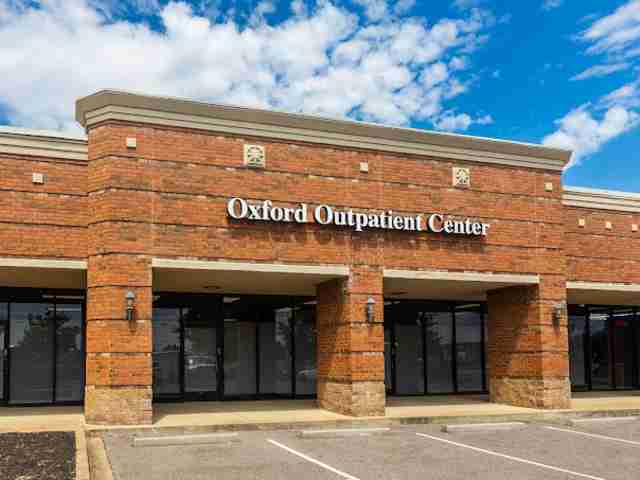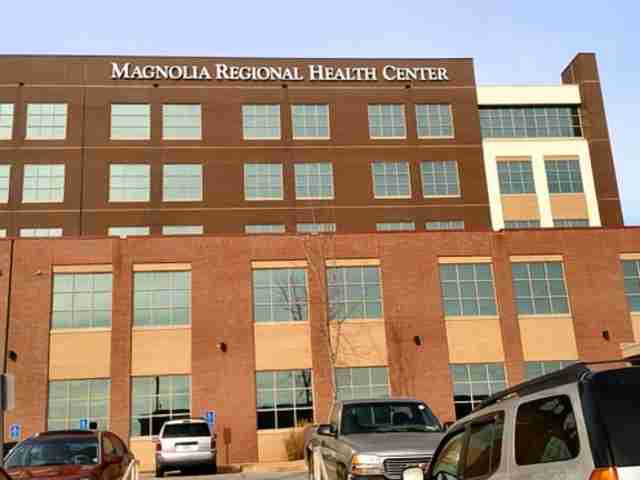More About Rehab Centers for Veterans
Oftentimes, after serving your country you may deal with mental health or substance use issues. This specific experience also requires specific care. You can get help that is tailored for veterans' needs.
Veterans and Addiction
The stressors that Veterans face can be a risk factor for substance misuse.(1) Among the military service member population, one in 10 Veterans live with an SUD, which is a slightly higher rate than in the general population.(1)
Co-occurring disorders, such as post-traumatic stress disorder (PTSD) and addiction, are common in the Veteran population.(2) The stress of combat, readjusting to civilian life, and the stigma of living with a mental health condition or substance misuse can all lead to developing a substance use disorder. Additionally, post-deployment reintegration challenges, combat exposure, and deployment itself can all increase the risk for SUDs among military members.(1) The unique stressors can also lead to not only PTSD but high rates of depression and anxiety as well.(1)
Veterans and PTSD
Veterans with post-traumatic stress disorder (PTSD) also have high rates of SUDs.(2) More than 2 in 10 Veterans with PTSD also have a substance use disorder.(2) About 1 in 3 Veterans with an SUD also have PTSD.(2)
PTSD and SUDs that occur together may often have a reciprocal relationship. For example, many people may use drugs and alcohol to mitigate the symptoms of PTSD.(2) Similarly, using substances such as drugs and alcohol can heighten the symptoms of PTSD.(2)
Veterans Addiction Treatment Programs
There are many treatment-specific programs available for Veterans.(3) In a Veterans-specific treatment program, the care you receive is focused on you and the challenges you may face as a former military member.(3)
Treatment in a veterans specialty program will often focus on the unique challenges veterans face that may encourage addictive behaviors or contribute to the development of mental health disorders. Care will often involve a combination of medications, counseling, and therapies.(3)
Some common types of therapies that may be used in veterans specialty programs include:
- Cognitive behavioral therapy (CBT).
- Motivational interviewing.
- Trauma-focused therapy.
- Eye movement desensitization and reprocessing (EMDR).
- Motivational enhancement therapy.
Additionally, veterans’ specialty programs may be part of a large continuum of care.
While everybody’s addiction treatment plan will vary depending on the patient’s needs, some common treatment types include:(5)
- Detoxification: Detox is the process by which the body rids itself of harmful chemicals or substances. Due to the potential appearance of uncomfortable or severe withdrawal symptoms, many may seek medically managed detox or supervised detox programs.
- Inpatient/residential: Inpatient treatment involves a patient living at a facility and receiving 24/7 care and support. Inpatient treatment is generally held in a hospital setting, while residential may occur at a dedicated rehab facility.
- Outpatient: Outpatient treatment involves a patient receiving care at a facility while still living at home. Many experience outpatient treatment as a follow-up to a larger inpatient plan, when they are stable enough to resume participation in daily life but still wish to attend treatment. There are two additional types of outpatient treatment, partial hospitalization programs, and intensive outpatient programs, both of which offer longer and more intensive treatment sessions.
- Aftercare: Aftercare is the follow-up to addiction treatment, during which the patient will work to maintain their recovery. Many facilities operate alumni networks to help give their patients continuing support. Common types of aftercare programs include support groups and sober living programs.
Considering the high rates of mental health disorders and PTSD in veteran communities, many programs may provide dual diagnosis treatment for co-occurring mental health disorders.(2)
These programs seek to treat both addiction and mental health conditions like depression or PTSD to help a patient achieve recovery.
Does Health Insurance Cover Veterans’ Addiction Treatment Programs?
Health insurance providers are required under the Affordable Care Act (ACA) to cover some degree of mental health treatment that is medically necessary.(4)
If you’re a Veteran, your health insurance may provide some coverage for substance abuse treatment, but this can vary.(4)
The Department of Veterans Affairs (VA) also operates various veterans healthcare facilities and provides VA health insurance to military personnel and veterans. If you are a veteran, you may have access to the VA’s healthcare facilities and insurance plans. As such, it may be worth looking into the VA to determine if their insurance programs can help you cover the cost of addiction treatment.
Finding a Veterans Rehab Program Near You
If you or a loved one is ready to seek rehab for a substance use disorder, explore your options and reach out to a rehab center on Recovery.com today!
Sources
- National Institute on Drug Abuse. (2019, October 23). Substance use and military life drug facts.
- U.S. Department of Veterans Affairs. (n.d.). PTSD and substance abuse in Veterans.
- U.S. Department of Veterans Affairs. (2022, October 12). Substance use treatment for Veterans.
- U.S. Department of Health and Human Services. (2023, April 20). Does the Affordable Care Act cover individuals with mental health problems?
- U.S. Department of Health and Human Services (HHS), Office of the Surgeon General, Facing addiction in America: The Surgeon General’s report on alcohol, drugs, and health. Washington, DC: HHS, November 2016.


















